READY TO GET STARTED?
REQUEST A FREE ESTIMATE
Fill out the form below or call (888) 466-7849 for a free, no-obligation estimate.
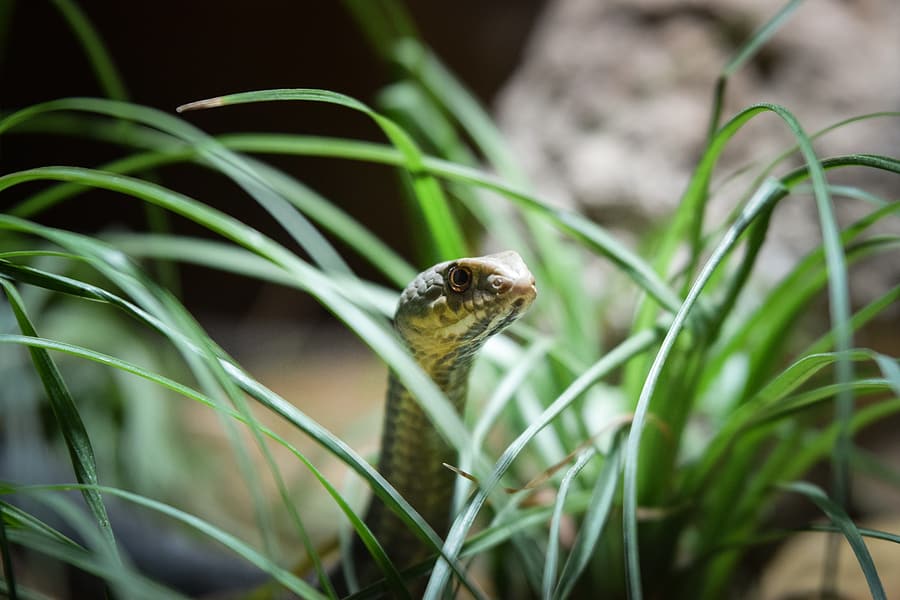
Georgia’s diverse wildlife and lush greenery make it a picturesque place to live, but it also attracts various critters, including snakes. While many snakes in Georgia are non-venomous and beneficial, encountering them in your yard can be unnerving. To ensure your family’s safety and peace of mind, we’ll explore natural ways to keep snakes away using common snake repellent plants, discuss common snakes found in Georgia, and provide tips for prevention and snake removal.
Before we dive into snake-repelling plants, let’s get familiar with some of the common snakes you might encounter in Georgia:
Now, let’s explore some natural methods to keep these serpents at bay.
Aside from using snake-repellent plants, here are some additional tips to prevent and eliminate snakes from your yard:
Living in Georgia’s beautiful landscape also means sharing your space with wildlife, including snakes. By using snake-repelling plants, maintaining your yard, and taking steps to prevent snake encounters, you can enjoy the natural beauty of Georgia while keeping slithery intruders at bay. If you need help with pest control, request a free quote from a trusted pest control company to ensure a snake-free environment for your family.
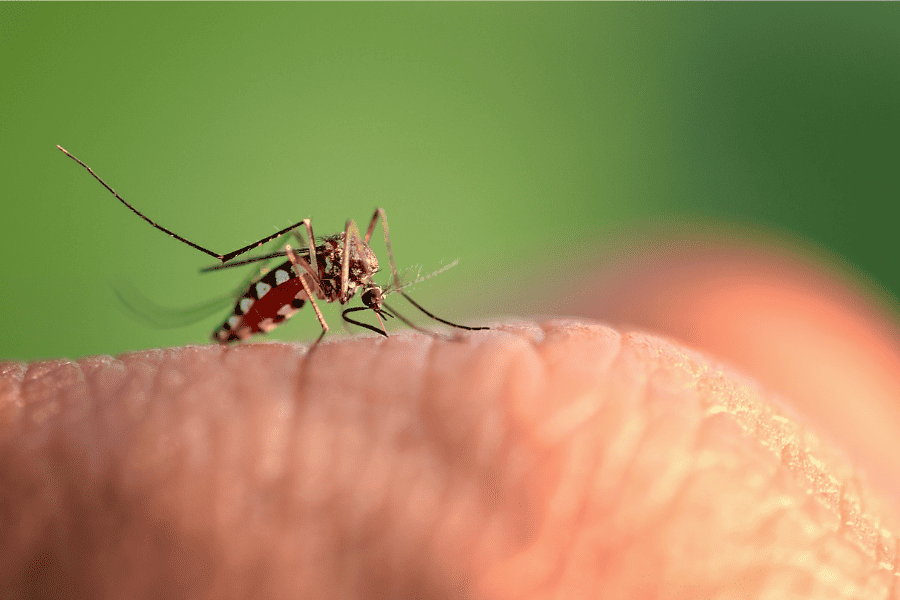
In Florida, it can seem like mosquito activity will never end. With our tropical, humid weather, mosquitoes thrive and invade our yards looking for standing water to breed. Besides being a nuisance, these pests can also pose health hazards to both humans and animals, transmitting diseases like the West Nile virus and the Zika virus. So, when does mosquito season end in South Florida?
The official mosquito season typically runs from around March through September or October. Though, since Florida is in a tropical area, mosquito season tends to be year-round, often starting as early as February and ending as late as November. While it’s not ideal to deal with mosquitoes year-round, there are certain things you can do around your home to prevent these pests from taking over your yard. Check out our do-it-yourself mosquito control steps you can take to help minimize mosquitoes around your property:
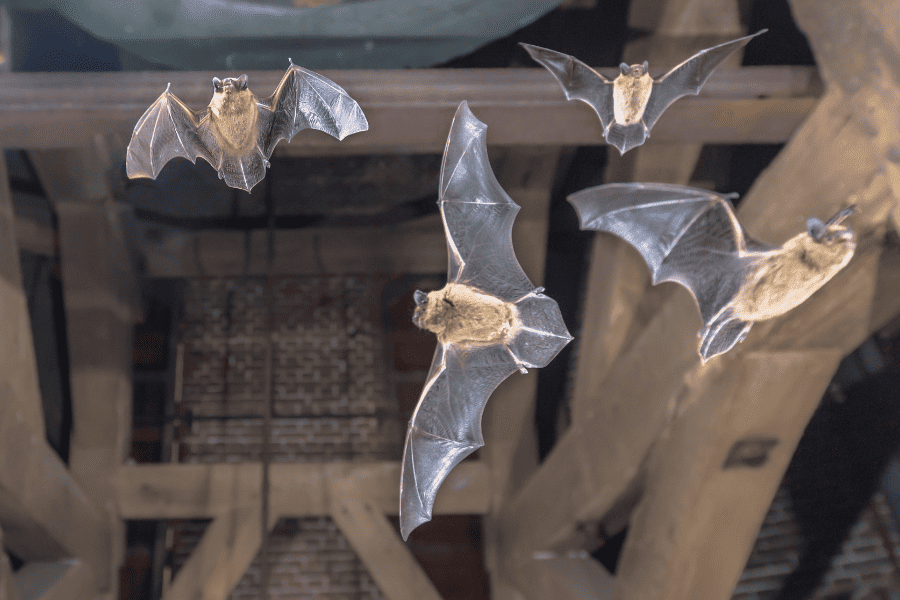
Bats are often misunderstood and feared by many, but they play an essential role in maintaining the balance of Georgia’s ecosystem. Georgia is home to 16 different types of bats, each contributing to the environment in unique and beneficial ways. Let’s go over some common Georgia bats and why they are so beneficial to humans.
While bats offer numerous benefits, they face several threats. This includes habitat loss, disease, and disturbance in roosting sites. Georgia has conservation initiatives aimed at protecting these creatures by protecting their roosting sites, educating the public, and monitoring bat populations for diseases, like white-nose syndrome.
Removing bats is a delicate matter in the state of Georgia and should only be handled by licensed wildlife control professionals. If you suspect you have bats in your home, be sure to give your local wildlife control company a call today!
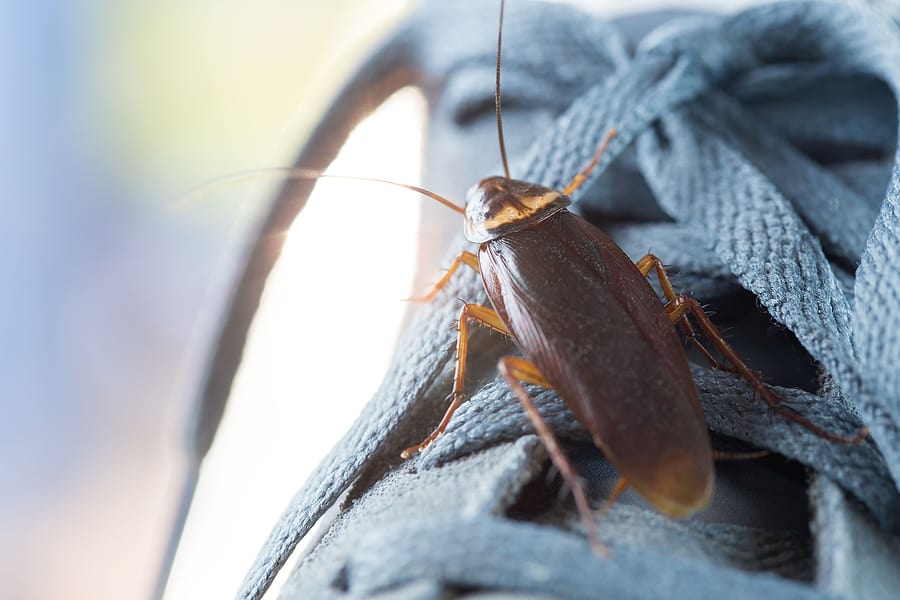
Seeing roaches in your Lauderdale Lakes home?
Roaches are highly adaptable creatures and can find their way inside your home through the tiniest of gaps. Once they begin reproducing is when you start to see the problems that roaches bring. Understanding the factors that attract these pests into your home is the first step to preventing them!
Roaches prefer to eat sugar, carbs, and protein but will eat about anything they can find. Regularly clean up any leftover food, spills, or crumbs on tables, countertops, and appliances, especially after cooking or eating a meal. After a grocery trip or storing leftovers, look to place your food in airtight containers. Be sure to also empty your trash at least once a week and clean out the trash container of any spilled liquids or leftover food regularly.
Did you know that roaches can survive without water for 2 weeks? It’s true! Despite this, they still seek out water as much as they can and will enter homes if they’ve found it. It’s important to remove any standing water inside or outside of your home. Look to remove water near drains and sinks, particularly overnight. Your crawlspace and basement can create excess moisture; consider utilizing a dehumidifier or installing a moisture barrier or crawlspace enclosure to help.
Roaches love clutter, making it essential to remove any unnecessary items from your home, garage, and attic. Get rid of any old cardboard boxes, newspapers, and magazines. Check your interior walls, skirting, electrical outlets, baseboards, sinks, and cabinets for any gaps or openings, sealing them as soon as possible. Make sure your windows and doors are sealed and consider utilizing weatherstripping. Likewise, ensure all your exterior lighting turns off at night as it can attract rodents and household pests.
If you notice more roaches than normal in your Lauderdale Lakes home, be sure to give your local pest control company a call today for a free inspection and a customized pest plan to help prevent cockroaches!
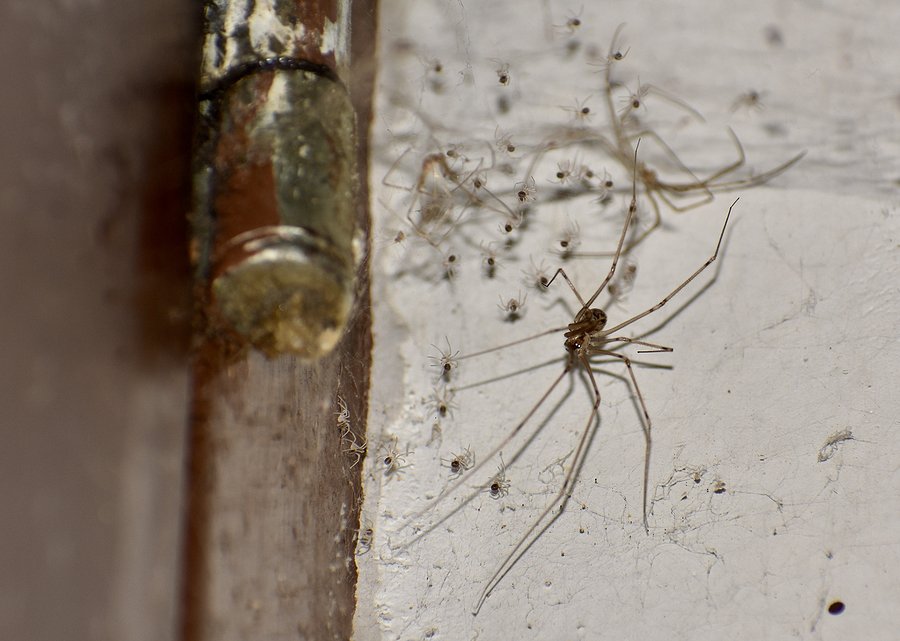
As the leaves begin to change and the air turns crisp, we welcome the beauty of autumn. However, with the arrival of fall, we also welcome a different kind of guest into our homes – spiders. While most spiders prefer to stay outdoors, some decide to seek shelter indoors during the cooler months. Two common culprits are daddy long legs and cellar spiders. In this post, we’ll help you identify and distinguish between these two fall pests, understand their habits, and offer tips on how to keep them at bay.
Daddy long legs and cellar spiders have their similarities but are not the same species. Here are some key differences and similarities between the two:
Both daddy long legs and cellar spiders are frequently found in similar environments, including:
The good news is that both daddy long legs and cellar spiders are harmless to humans. They don’t pose any significant health risks or property damage. In fact, they can be seen as allies in your pest control efforts as they help control populations of other insects in your home.
To prevent and manage daddy long legs and cellar spiders in your home, follow these steps:
If you’re dealing with a fall pest problem in your home, don’t hesitate to request a free pest control quote from our experts. We specialize in handling all sorts of household pests, including spiders, and can provide you with the solutions you need for a pest-free autumn.
Don’t let daddy long legs and cellar spiders take over your living space this fall. With the right knowledge and actions, you can enjoy the beauty of the season without these uninvited guests. Contact your local pest control company today for your free pest control quote and keep your home spider-free all season long.